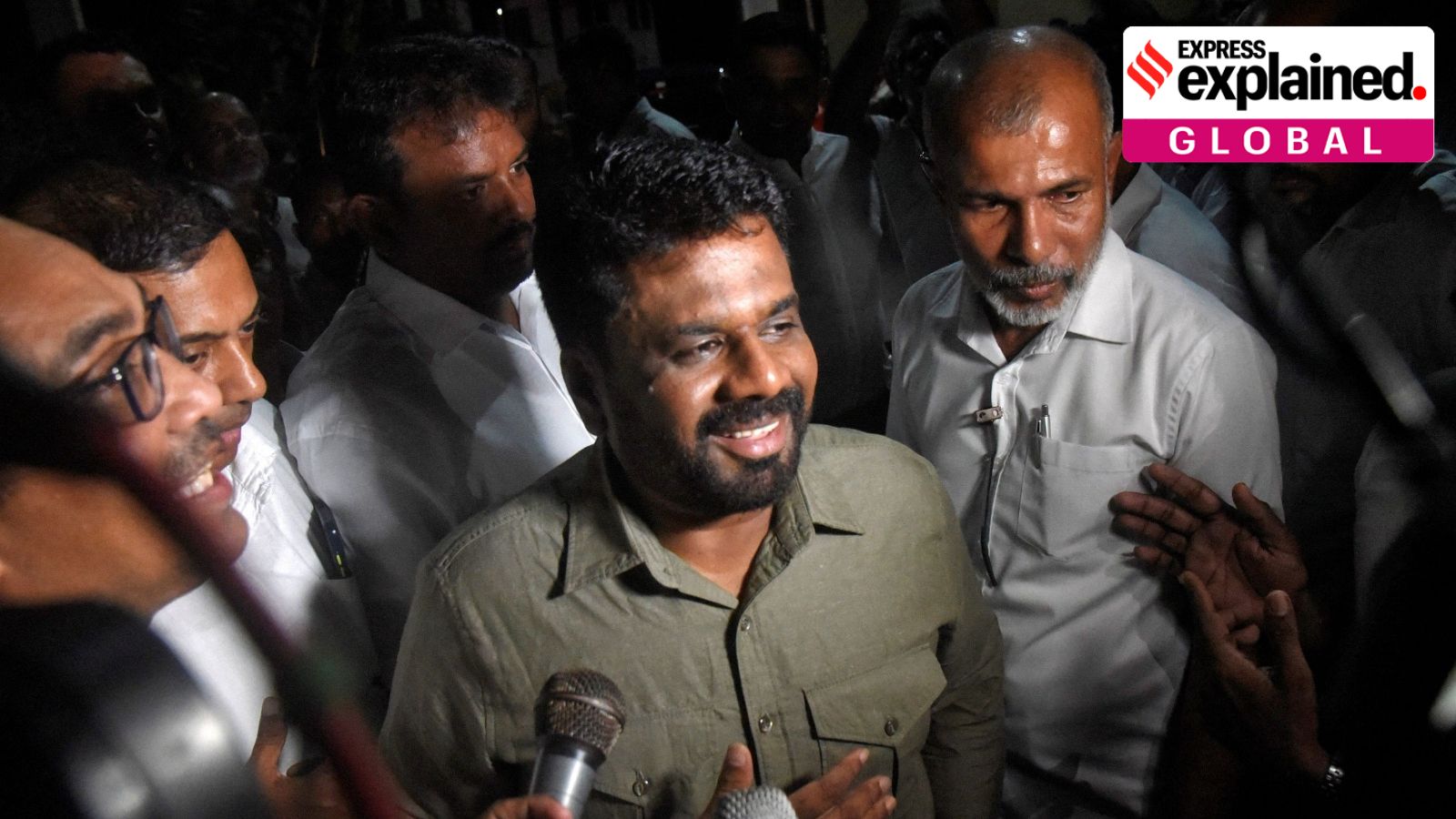 |
|
The recent presidential election in Sri Lanka witnessed a historic victory for Anura Kumara Dissanayake, leader of the Marxist Janatha Vimukthi Peramuna (JVP) party's broader front, the National People's Power (NPP). His triumph, marking the first time a leftist party has ascended to the presidency in Sri Lankan history, is a powerful reflection of the deep-seated anger, frustration, and disappointment among voters with the established political order.
Dissanayake's win signals a dramatic shift in Sri Lankan politics, as the electorate chose an outright anti-establishment candidate. This sentiment was fueled by the country's recent economic crisis, which led to the collapse of Gotabaya Rajapaksa's presidency and widespread suffering among the populace. The streets of Sri Lanka were ablaze with protests demanding change, as people endured inflation and long queues for essential commodities. While Ranil Wickremesinghe, a seasoned politician, replaced Rajapaksa, he was perceived as a continuation of the status quo, further exacerbating public discontent.
The 'Aragalya' movement, signifying 'struggle' in Sinhalese, played a crucial role in mobilizing people across Sri Lanka. It was during this period that Dissanayake's JVP gained significant traction, a stark contrast to its past struggles to find widespread support. His campaign resonated with the public's desire for renewal and a break from the political elite that had ruled for decades. Dissanayake positioned himself as the ultimate anti-establishment candidate, promising to fight against the entrenched power structures.
While Dissanayake's victory is a triumph for the anti-establishment sentiment in Sri Lanka, it poses challenges for India. His stance on certain issues has raised concerns about the future of bilateral relations. Notably, Dissanayake has not supported the implementation of the 13th amendment of the Sri Lankan Constitution, which aims to devolve powers to the country's Tamil minority. This position is at odds with the Indian government's long-standing demand for the amendment's implementation.
Dissanayake has also expressed opposition to investigations into alleged war crimes committed during the Sri Lankan civil war. Furthermore, he has pledged to cancel the Adani Group's 450 MW wind power project in Sri Lanka, labeling it corrupt and detrimental to the country's interests. These stances, coupled with Dissanayake's perceived pro-China leanings, indicate a potential shift in Sri Lanka's foreign policy, potentially affecting India's strategic interests in the region.
Despite these concerns, India has a history of supporting Sri Lanka during times of crisis. In 2022, when the country faced its worst economic crisis, India provided $4 billion in financial and humanitarian aid. This aid helped negotiate a loan deal with the International Monetary Fund. India's record of assisting Sri Lanka could be crucial in managing its relationship with the new government. Dissanayake's victory, while presenting challenges, also presents opportunities for India to engage with the new political landscape and shape the future of bilateral relations. The success of this engagement will depend on India's ability to navigate the complexities of the new political environment while prioritizing its own strategic interests.
Beyond Sri Lanka, the anti-establishment wave sweeping across the subcontinent is a noteworthy trend. Imran Khan's PTI party's victory in Pakistan, student protests in Bangladesh leading to the fall of Sheikh Hasina's government, and now Dissanayake's win in Sri Lanka, all point to a growing disillusionment with traditional power structures. These developments underscore the need for political systems to adapt to the changing needs and aspirations of their populations. The future of Sri Lanka, and the broader South Asian region, will likely be shaped by how these new political forces navigate the challenges and opportunities they face.
